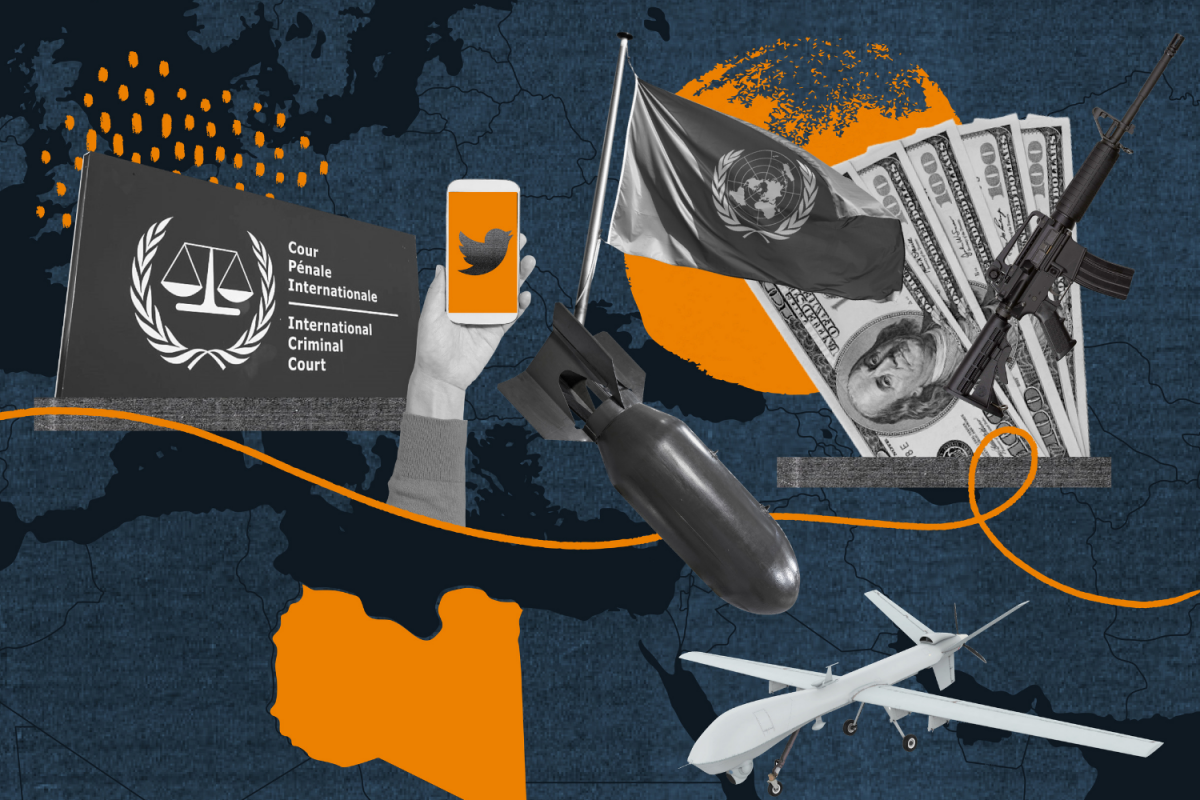
by Elham Saudi & Cristina Orsini, The New Humanitarian
Eleven years ago, courageous women and men took to the streets of Libya with an unflinching desire for human rights, justice, and democracy.
At the time, they were met with an unprecedented international response, ostensibly acting to protect them. The UN Security Council quickly established an arms embargo, a no-fly zone, and a rare referral to the International Criminal Court (ICC); NATO launched airstrikes.
Today, on the anniversary of the day when mass protests against Muammar Gaddafi began, the country's future could not be more precarious. Amidst delayed elections, fragmented governance—as of last week, there are two competing prime ministers—and prospects of renewed conflict, the UN-backed political process that was to set Libya on a path to peace and democracy is unravelling.
The international community has dramatically failed to live up to its promises to support Libya on this journey. In fact, as narrow geopolitical, security, and economic interests have taken center stage, it is making things worse.
Recent Updates
12 hours 33 min ago
14 hours 44 min ago
19 hours 8 min ago
19 hours 27 min ago
1 day 11 hours ago
1 day 12 hours ago
4 days 14 hours ago
4 days 18 hours ago
4 days 19 hours ago
5 days 12 hours ago